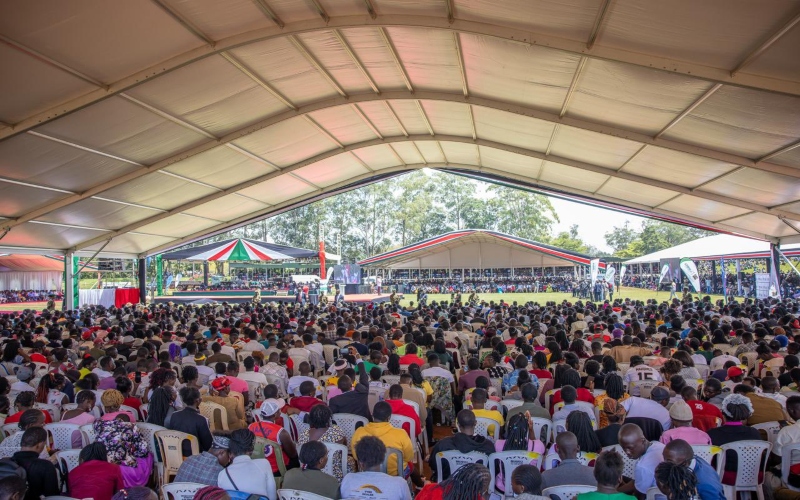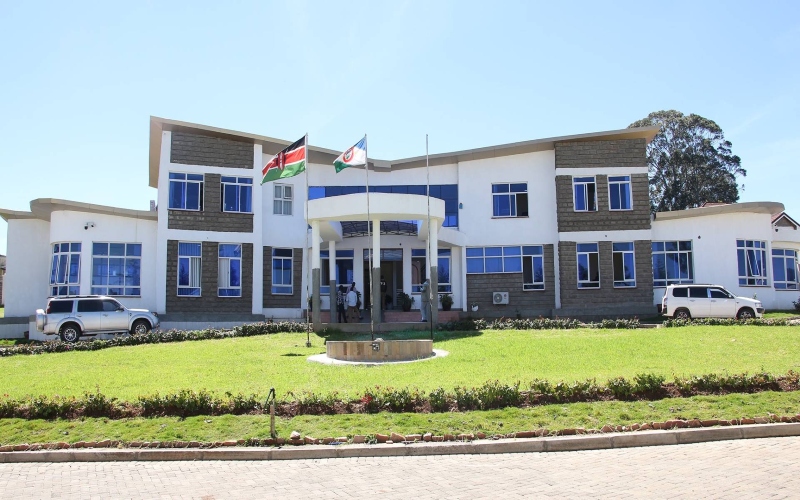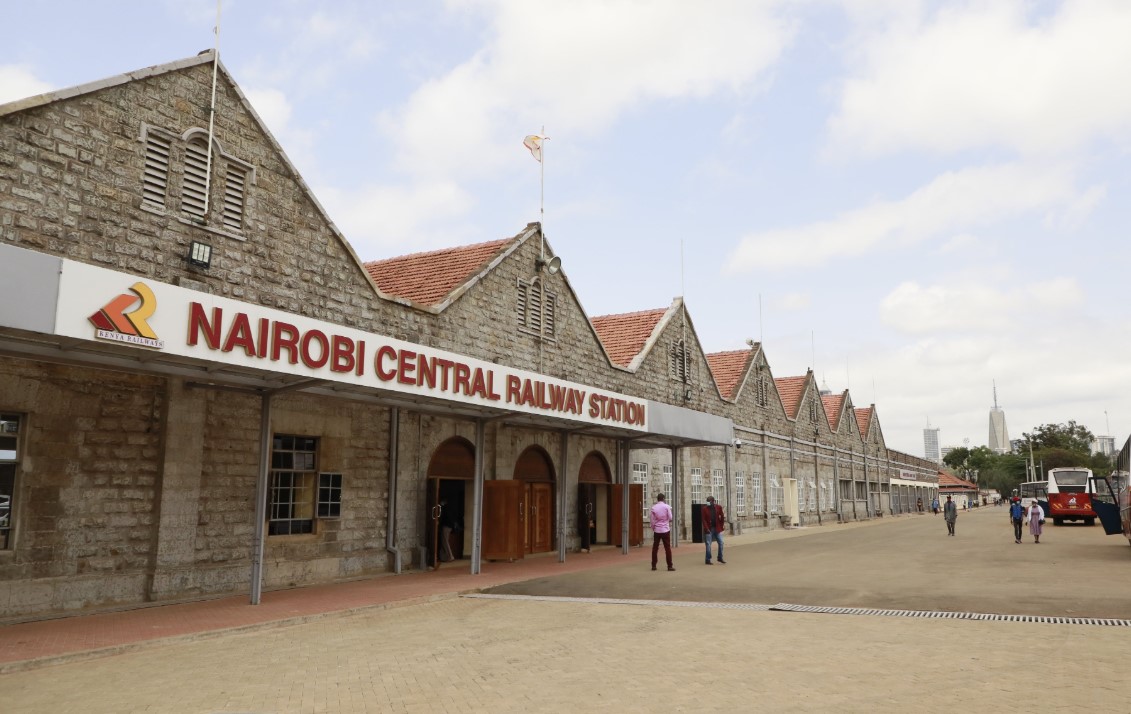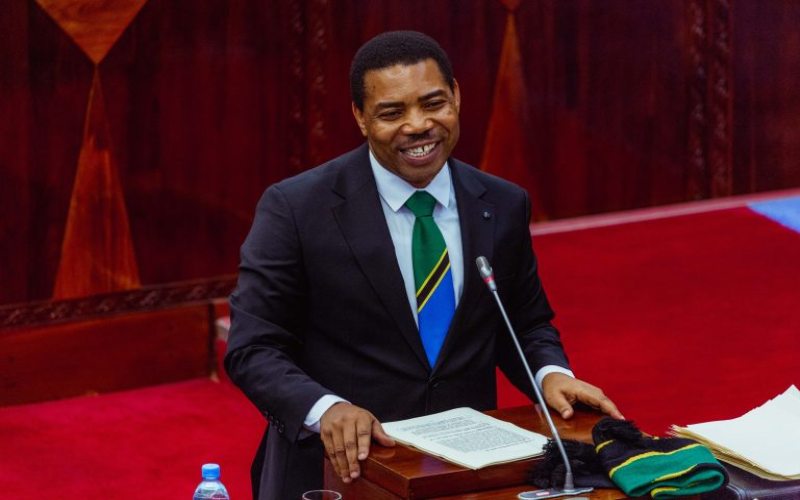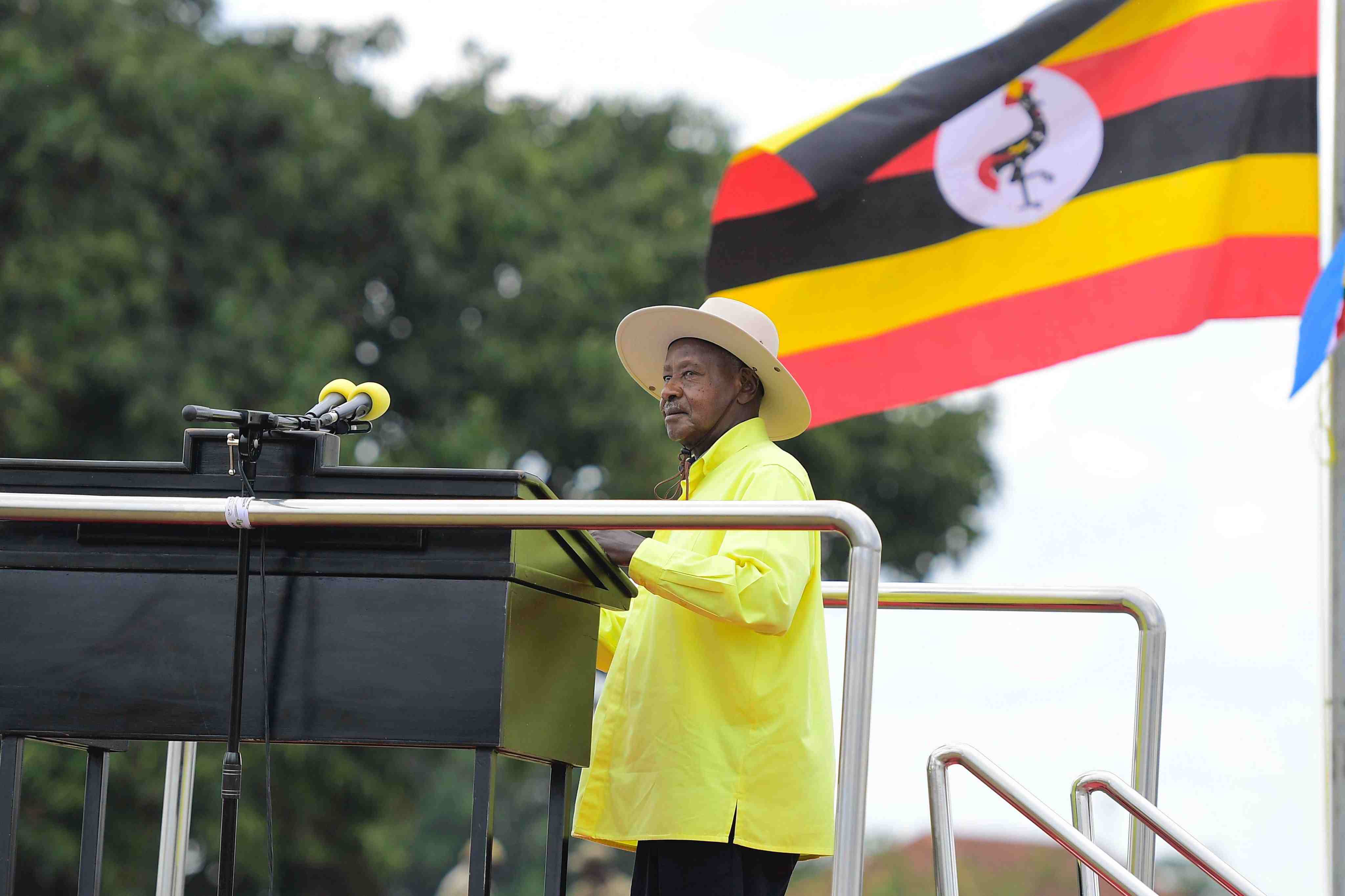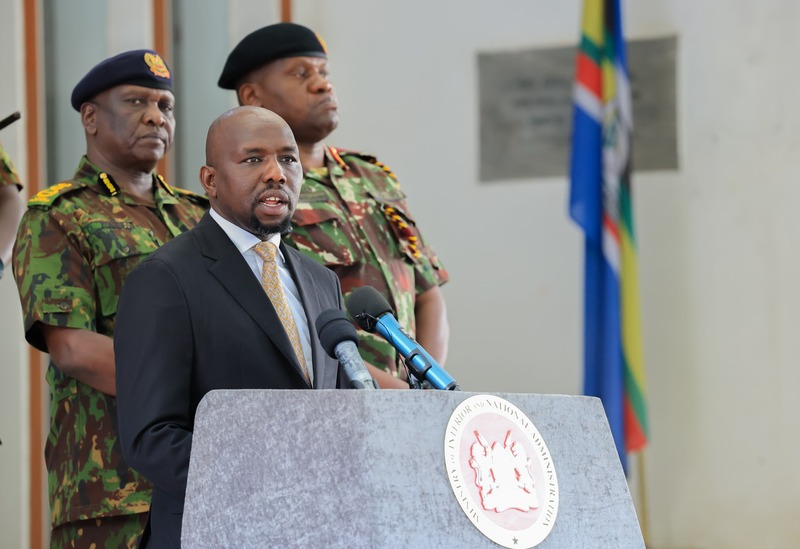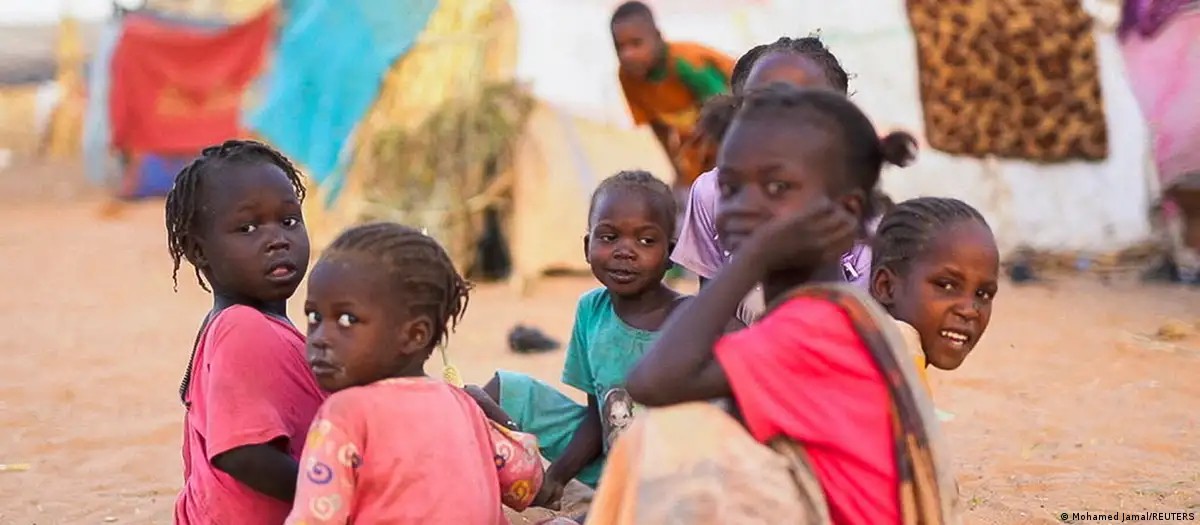Somalia’s NCC meeting opens without Puntland, Jubbaland as reforms top agenda
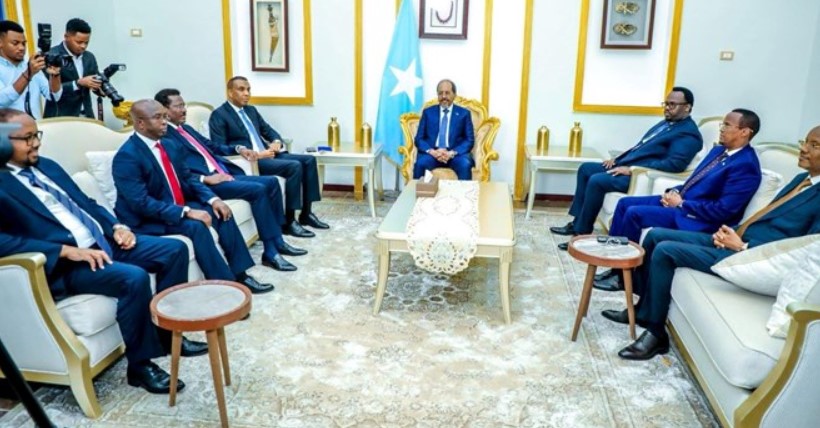
The outcome of these talks will be closely watched, especially as the country prepares for local elections and works toward longer-term national reforms.
Somalia’s National Consultative Council (NCC) meeting began its meeting on Tuesday at the presidential palace in Mogadishu, with Puntland and Jubbaland leaders boycotting it.
Somali President Hassan Sheikh Mohamud presided over the opening meeting, which brought together senior officials from the federal government and several federal member states.
More To Read
- Somali Electoral Commission to begin voter card distribution in Banadir ahead of elections
- Africa’s rapid drone expansion promises high-tech warfare but struggles to achieve strategic results
- ‘No rain, no food, no life’: Amnesty slams global inaction as Somalia’s drought turns deadly
- EU deploys warship to track suspected pirate mothership off Somalia
- Somalia's senior Olympic Committee officials suspended over alleged misconduct
- How doctors offering free healthcare services are bringing hope to mothers in Somalia’s Mudug region
The NCC meeting aims to address major national issues, including security, electoral planning, and intergovernmental cooperation. These sessions are intended to create a platform for dialogue and coordination between the central government and regional administrations.
This round of talks includes a new participant, Abdiqadir Ahmed Aw-Ali Firdhiye, leader of SSC-Khatumo State, who attended for the first time as an official representative.
His participation follows the federal government’s recognition of SSC-Khatumo as a federal member state last month.
The move marks a change in the makeup of the NCC and reflects recent shifts in Somalia’s political landscape.
Voter registration
One of the central topics under discussion is the ongoing voter registration in Mogadishu. Thousands of citizens have registered ahead of the upcoming local council elections scheduled for June.
These elections represent a step toward implementing a one-person, one-vote electoral system. The system is seen as an important phase in Somalia’s efforts to establish democratic governance after years of indirect elections.
While some regions are participating in the electoral transition, others are pushing back.
Puntland and Jubbaland continue to reject the NCC process, citing concerns about the federal government’s approach to constitutional matters.
Puntland, in particular, has accused the federal government of bypassing constitutional norms and has called for the restoration of constitutional order. The region has launched its own separate electoral process.
The absence of these two regional administrations has drawn attention from domestic and international observers.
Somalia’s federal system relies on cooperation between the central government and member states.
Continued disengagement from Puntland and Jubbaland adds complexity to efforts aimed at building national consensus.
Resume dialogue
International actors have urged all Somali political leaders to resume dialogue. They have emphasised the importance of unity and cooperation to advance political and constitutional reforms.
Broad agreement among stakeholders is seen as necessary to maintain progress and secure continued support from global partners.
The NCC is expected to continue its meetings over the coming days.
Officials have not confirmed whether efforts will be made to bring Puntland and Jubbaland back to the table during this session.
The outcome of these talks will be closely watched, especially as the country prepares for local elections and works toward longer-term national reforms.
Top Stories Today
